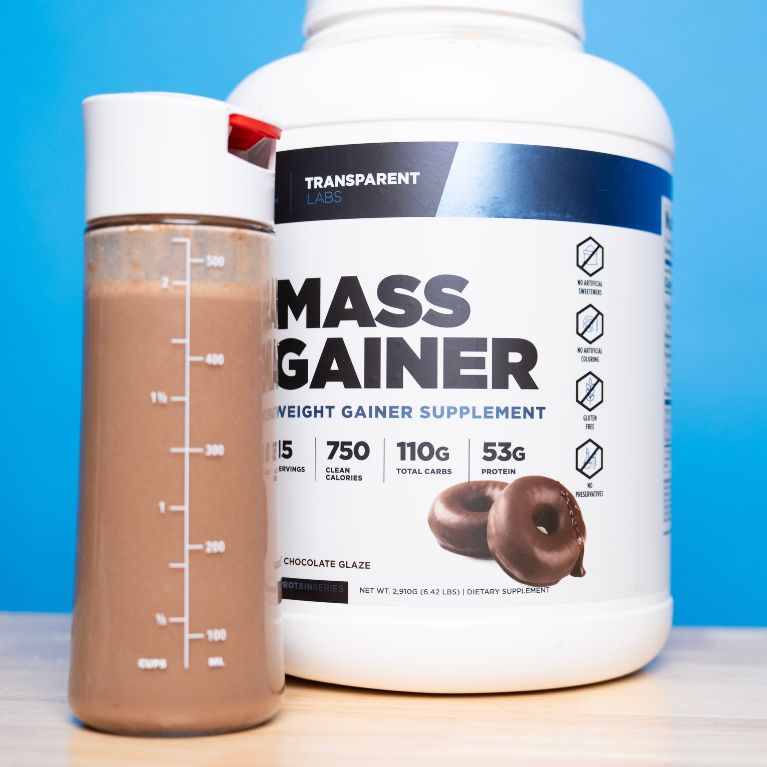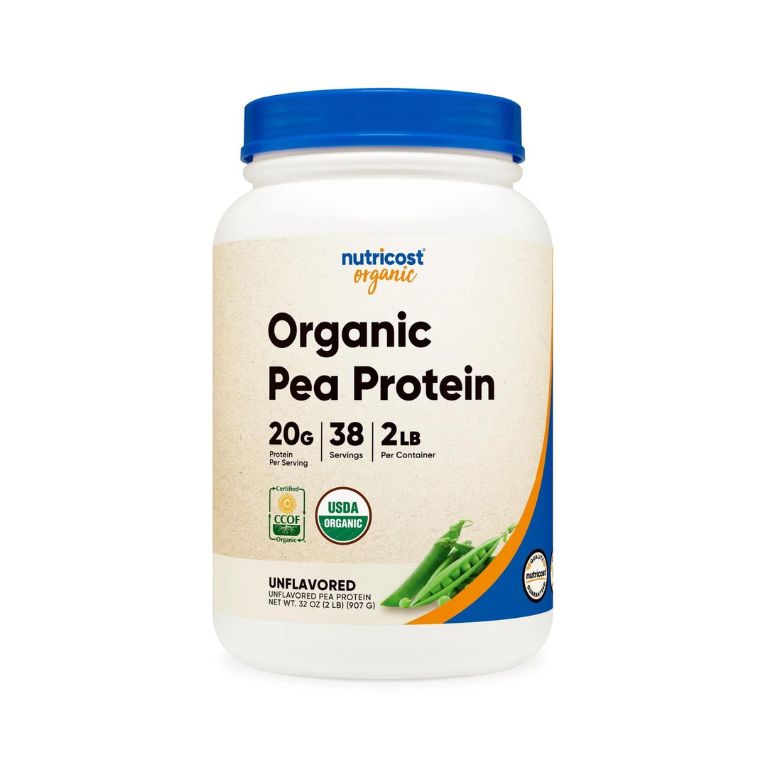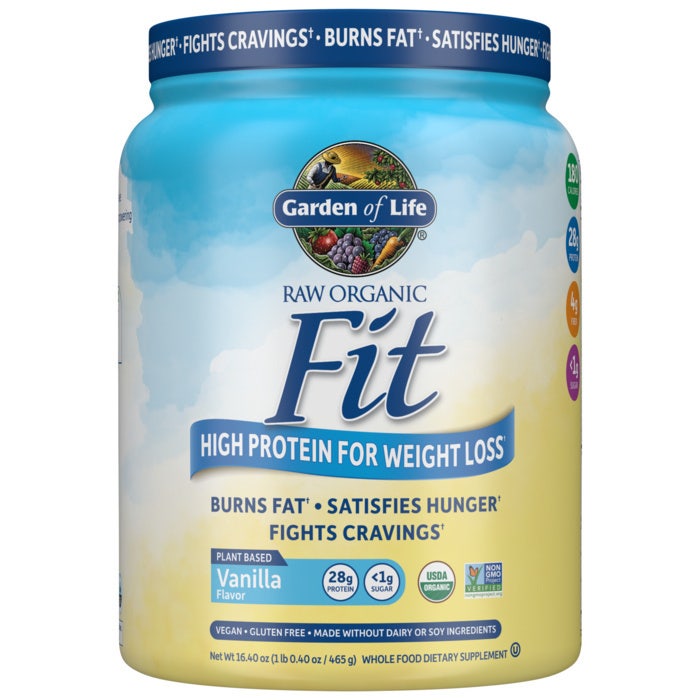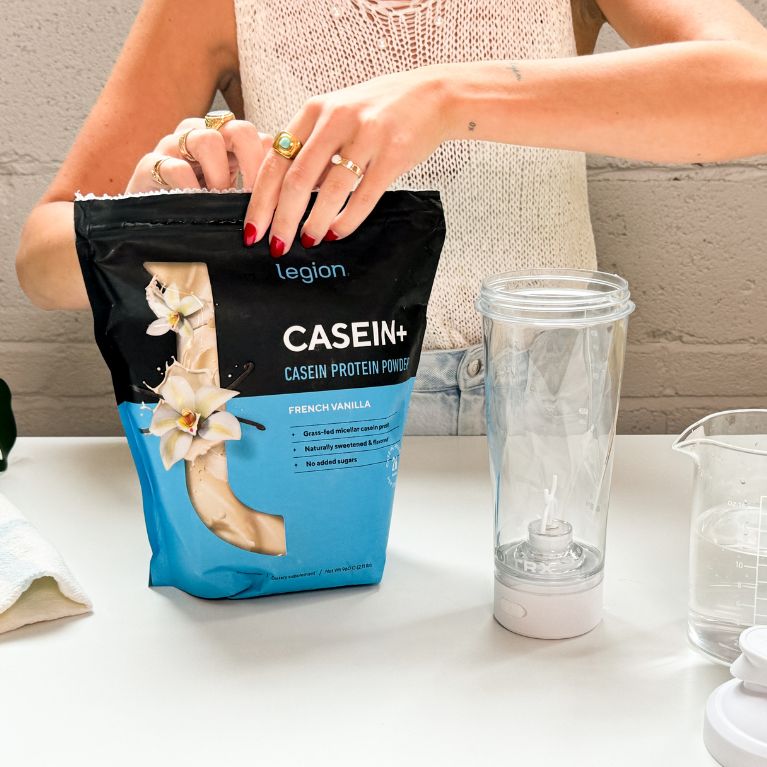What protein powder is best for weight loss? 7 Protein Powders
Introduction to Protein Powders and Weight Loss
Protein powder has become a popular aid in weight loss journeys. It provides a convenient way to intake high-quality protein without consuming excess calories. When used correctly, protein powders can help you manage your weight effectively.
In essence, protein can help you feel fuller for longer. It encourages the release of hormones associated with satiety. A high-protein diet, therefore, can aid in reducing overall calorie consumption by minimizing hunger cravings.
Moreover, protein plays a crucial role in preserving lean muscle mass, especially when you are on a calorie-restricted diet. This is vital as muscle tissue burns more calories than fat tissue, even at rest. By maintaining muscle mass, you can keep your metabolism active, which is essential for continued weight loss.
Protein shakes can also offer a post-workout boost to help rebuild and repair muscles. This can be especially useful if you’re incorporating strength training into your weight loss program.
Remember, choosing the right protein powder is important. What works for one individual might not be the best for another. Factors such as dietary preferences, allergies, and specific health goals can influence which protein powder is best for weight loss for you.
As with any dietary change, it’s essential to consider the quality of the protein source and how it fits into your overall nutritional plan. Whole foods should always be at the core of your diet, with protein shakes acting as a supplementary boost.
In the following sections, we will delve deeper into the effects of protein on hunger and satiety, compare different protein powders, discuss quality considerations, highlight potential side effects, and how to integrate protein shakes into a balanced diet.

The Role of Protein in Managing Hunger and Satiety
Protein is vital in managing hunger and promoting the feeling of fullness, known as satiety. When you consume protein, it helps to release hormones like GLP-1 and PYY. These hormones signal to your brain that you’re full.
Eating protein-rich foods or protein shakes can lead to less hunger throughout the day. Studies have shown that people who eat a high-protein breakfast tend to eat fewer calories later. This is important for weight loss as it helps to prevent overeating.
Protein has another unique feature – it takes more energy for your body to digest compared to fats or carbs. This process, known as the thermic effect of food, may slightly boost your metabolism. This can contribute to weight management.
However, it’s not just about adding more protein to your diet. There is a balance to find. Excessive protein intake without reducing other calories could hinder weight loss efforts. It is essential to integrate protein into a balanced diet for the best results.
For those looking to manage their weight, incorporating protein shakes could be beneficial. They offer a convenient way to boost your protein intake without added calories from fats and carbs. Remember, while protein can help with hunger management, whole foods should remain the foundation of your diet.
How Protein Powders Enhance Metabolism and Muscle Retention
Adding protein powders to your diet can significantly impact muscle retention and metabolic rate. Here’s how:
Boosting Metabolism
Protein powders may increase your metabolic rate. This means your body uses more energy to digest protein than fats or carbs. The process, known as the thermic effect, can aid calorie burning.
Researchers point out higher protein intake typically leads to a metabolic spike. This effect can help in shedding weight. It’s crucial, however, to consume protein as part of a balanced diet to prevent muscle loss while losing fat.
Retaining Muscle Mass
Muscle mass plays a key role in a strong metabolism. Unlike fat, muscle actively burns calories, even at rest. Protein powders support muscle repair and growth, especially when combined with strength training. This can be crucial during weight loss.
A study found that older adults who added protein shakes to their diet gained more muscle. This suggests that protein powders can help preserve muscle during weight loss endeavors. Remember, muscle retention is vital for a sustained metabolic rate.
In summary, protein powders can support weight loss goals by enhancing metabolism and helping retain muscle mass. They work well with a balanced diet and strength training. This approach can maintain your muscle, boost metabolism, and promote fat loss.

Comparing Types of Protein Powders for Weight Loss
Choosing the right protein powder is key for weight loss success. Various types cater to different diets and goals. Here’s a quick rundown of popular protein powders:
Whey Protein
Whey protein is a dairy-based option. It absorbs quickly and has all essential amino acids. It’s good for post-workout recovery and may help reduce hunger.
Casein Protein
Also dairy-based, casein protein digests slowly. It releases amino acids gradually, which can help you feel full longer and aid in night-time recovery.
Soy Protein
Soy protein is a complete plant-based protein. It contains all essential amino acids and additional health benefits from soy isoflavones.
Pea Protein
Pea protein is another plant-based choice. It’s easy to digest and less likely to cause allergies compared to whey or soy.
Hemp Protein
Hemp protein is complete and rich in omega-3 and omega-6 fatty acids. It also features a high arginine content, which is great for heart health.
Rice Protein
Rice protein is plant-based but lower in the amino acid lysine. It can be combined with other proteins to form a complete amino acid profile.
Each powder type supports weight loss in different ways. Whey and casein proteins are filling, which helps manage hunger. Plant-based options like soy, pea, and hemp provide unique nutrients while offering a complete protein package. Hemp, with its added fatty acids, is excellent for overall health.
What works best will depend on individual needs and preferences. Those with lactose intolerance may prefer plant-based options. Others might choose whey for its muscle repair benefits.
Remember, protein shakes should complement a balanced diet, not replace whole foods. Choose wisely and integrate protein powders thoughtfully into your weight-loss plan.
Integrating Protein Shakes with Whole Food Diets
When merging protein shakes with whole foods, it’s about balance and quality. This combo can boost weight loss efforts. Here’s how to do it properly:
- Pair Wisely: Mix protein shakes with whole foods for added nutrients. Think cut veggies, whole grains, and healthy fats. This mix keeps you full and energized.
- Timing Matters: Drink shakes when you need a quick protein hit, like after workouts or during busy days. For meals, turn to protein-rich foods like lean meats, beans, or tofu.
- Control Portions: Even with protein shakes, watch your portions. Too much can turn to excess calories. Stick to one shake a day and measure it out.
- Variety is Key: Switch up proteins in shakes and meals. This keeps your diet fresh and covers all amino acids. Try a veggie omelet one day, a chicken salad the next.
- Listen to Your Body: Pay attention to hunger cues. A shake can curb mid-day hunger, but don’t skip meals. Your body needs a range of foods for energy and health.
- Stay Hydrated: Water is vital for weight loss. Don’t replace water intake with shakes. Keep drinking fluids throughout the day to aid digestion and feel full.
Whole foods provide vitamins and minerals that shakes alone can’t offer. So, always include fruits, veggies, and whole grains in your diet. Protein shakes should only help, not take over your food intake.
The Importance of Quality in Protein Powders
When choosing a protein powder, quality is crucial. Here’s why:
- Complete Proteins: Aim for powders that provide all essential amino acids. This supports muscle repair and growth.
- Digestibility: Quality powders are easier to digest. This can prevent stomach discomfort and ensure better nutrient absorption.
- Clean Ingredients: Look for products with no artificial additives. Pure, natural ingredients are better for health and weight loss.
- Third-party Testing: Reliable brands have their products tested. This shows their commitment to safety and efficacy.
- Label Transparency: Trustworthy powders list all ingredients and amounts. This helps you avoid unwanted calories or allergens.
- Bioavailability: High-quality protein is more useful to the body. It helps build and maintain muscle efficiently.
Remember, the goal is to enhance your diet, not to replace whole foods. In the next section, we’ll explore potential side effects to watch out for.

Potential Side Effects and Considerations for Protein Intake
When ramping up protein intake with powders, be mindful of potential side effects. Here are some considerations:
Digestive Discomfort
Some protein powders may cause stomach upset. This includes bloating, gas, or diarrhea. If this happens, try a different type or reduce the amount.
Nutritional Imbalance
Excessive protein can lead to nutrient imbalances. Ensure your diet still includes plenty of fruits, vegetables, and whole grains.
Kidney Overload
High protein intake can strain kidneys, especially in those with existing kidney issues. Consult a doctor before increasing protein substantially.
Allergic Reactions
Ingredients in protein powders might trigger allergies. Watch for signs like hives or swelling and seek medical advice if you suspect an allergy.
Caloric Surplus
Protein shakes have calories. Consuming too many can lead to weight gain. Track your intake and adjust as necessary.
Quality Matters
Select high-quality protein powders without added sugars or artificial ingredients. Poor quality may affect health and weight loss goals.
Adhere to recommended serving sizes and consider any existing health conditions. It’s best to discuss with a healthcare provider or dietitian before making significant changes to your protein consumption.
Conclusion: Balancing Protein Powders and Healthy Lifestyle Choices
When aiming for weight loss, protein powders can play a supportive role. However, they are just one part of a holistic approach to health. Achieving your weight loss goals hinges on combining protein powders with solid nutrition and regular physical activity.
Keep in mind these key points for a successful balance:
- Whole Foods First: Prioritize a diet rich in vegetables, fruits, and whole grains. Protein shakes should supplement, not replace, a balanced diet.
- Regular Exercise: Combine strength and cardio workouts. They boost metabolism and help maintain muscle mass during weight loss.
- Right Protein Choice: Consider what protein powder is best for weight loss for you based on dietary needs and preferences.
- Moderation: Avoid excessive protein. Instead, follow recommended serving sizes to keep calories in check.
- Quality Over Quantity: Opt for high-quality protein powders without added sugars or fillers.
- Hydration: Drink plenty of water. It’s essential for metabolism and helps you feel full.
- Professional Guidance: Consult a healthcare provider or dietitian. They tailor advice to your specific health goals.
By emphasizing whole foods, adding regular exercise, and choosing the right protein powder, you can support your weight loss effectively. Remember, weight loss is a journey that requires persistence and balance. Making thoughtful choices each day leads you closer to your goals.
